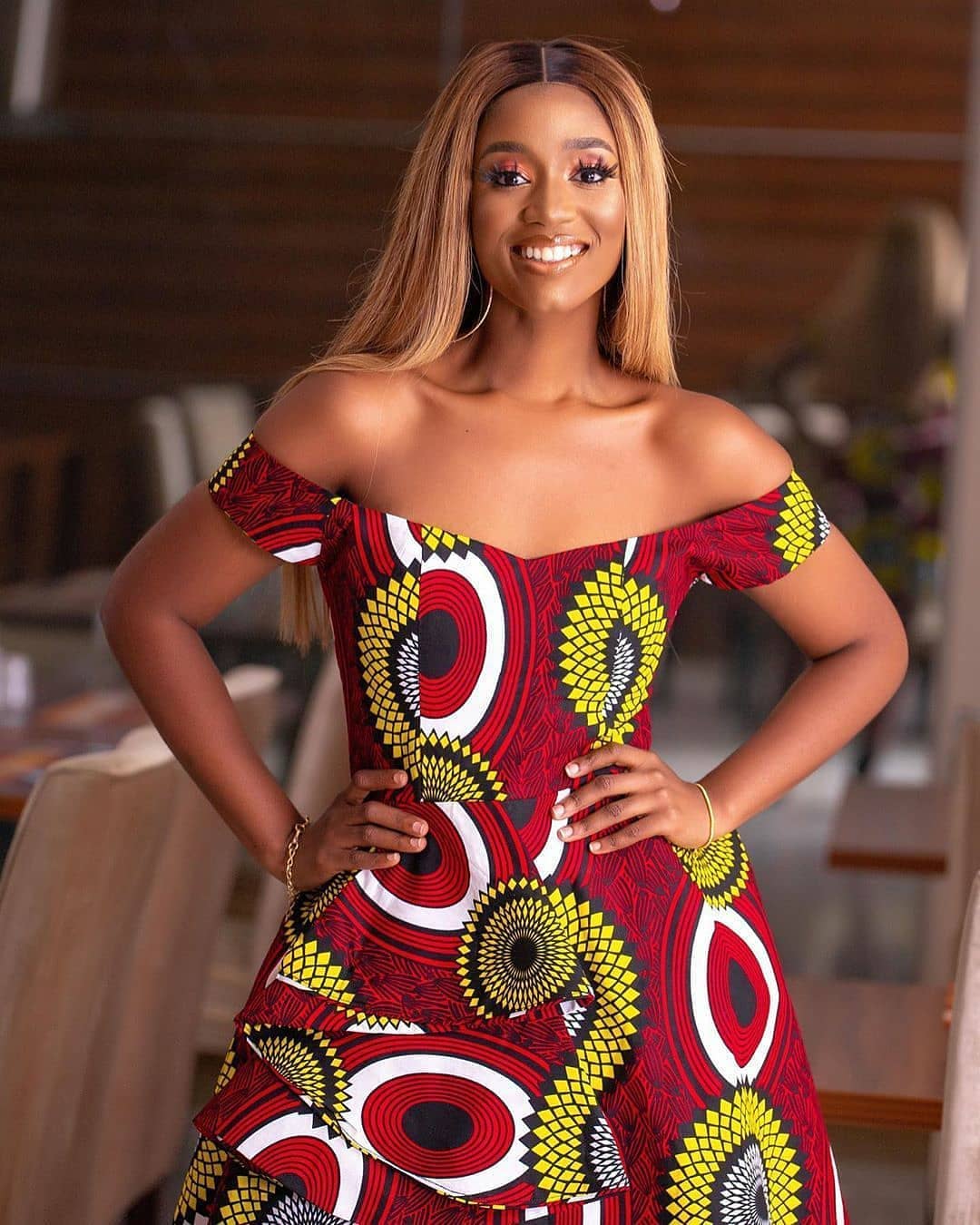A Comprehensive Guide To African Attire Dress Styles
African attire dress styles are not just clothes; they represent a rich cultural heritage, identity, and tradition of various African communities. These attire styles have evolved over centuries, showcasing the diversity and vibrancy of the African continent. From traditional garments worn during ceremonies to modern adaptations seen in urban fashion, African attire reflects the artistry and craftsmanship of its makers.
In this article, we will explore the various styles of African attire, their significance, and how they have influenced global fashion trends. Whether you are preparing for a special occasion, looking to enhance your wardrobe, or simply curious about African fashion, this comprehensive guide will provide you with all the information you need.
Additionally, we will discuss the various fabrics, patterns, and cultural meanings behind these attire styles. By the end of this article, you will not only appreciate African attire dress styles but also understand their relevance in today's fashion landscape.
Table of Contents
- 1. Understanding African Attire
- 2. Popular African Attire Dress Styles
- 3. Fabrics Used in African Fashion
- 4. The Role of Colors and Patterns
- 5. Traditional vs. Modern African Attire
- 6. How to Style African Attire
- 7. African Attire in Global Fashion
- 8. Conclusion
1. Understanding African Attire
African attire encompasses a wide range of clothing styles that vary from region to region. Each style is unique, often influenced by the local culture, history, and environment. Traditional African attire serves various purposes, including religious ceremonies, celebrations, and everyday wear.
Much of African fashion is characterized by its vibrant colors, intricate patterns, and the use of natural materials. These elements not only make the attire visually appealing but also carry deep cultural meanings.
2. Popular African Attire Dress Styles
There are several popular styles of African attire, each with its own distinct characteristics:
- Dashiki: A colorful garment worn by both men and women, often featuring intricate designs and embroidery.
- Boubou: A flowing robe worn by men, typically made of cotton fabric, and is popular in West African countries.
- Kente Cloth: A traditional woven fabric from Ghana known for its vibrant colors and patterns, usually made into dresses and skirts.
- Agbada: A traditional Nigerian outfit for men, consisting of a long flowing robe worn over trousers.
- Kaftan: A loose-fitting dress often worn by women, known for its comfort and versatility.
2.1 Dashiki
The dashiki is perhaps one of the most recognized African attire styles, known for its vibrant colors and bold patterns. Originally worn by men, it has evolved into a unisex garment. Dashikis are often made from cotton and come in various lengths and designs, making them suitable for both casual and formal occasions.
2.2 Boubou
The boubou is a traditional garment that symbolizes elegance and status. It is often made from luxurious fabrics and is worn during important ceremonies. The garment's flowing design allows for ease of movement, making it a comfortable choice for celebrations.
3. Fabrics Used in African Fashion
African attire is made from a variety of fabrics, each with its own significance:
- Cotton: Widely used due to its breathability and comfort.
- Satin: Often used for more formal attire, giving a luxurious feel.
- Silk: Used for high-end garments, particularly in ceremonial wear.
- Wax Print: A favorite in many African countries, known for its vibrant colors and patterns.
4. The Role of Colors and Patterns
Colors and patterns in African attire are not merely decorative; they hold significant meanings:
- Red: Symbolizes strength and courage.
- Green: Represents fertility and growth.
- Blue: Signifies peace and tranquility.
- Yellow: Associated with wealth and prosperity.
Patterns often reflect cultural beliefs, historical events, and social status. For instance, Kente cloth patterns tell stories of lineage, wisdom, and cultural pride.
5. Traditional vs. Modern African Attire
While traditional African attire remains popular, modern adaptations have emerged, blending contemporary styles with traditional elements. Designers are experimenting with cuts, fabrics, and patterns, creating unique garments that appeal to younger generations.
These modern styles often incorporate Western fashion trends while retaining the essence of African culture, making them versatile for various occasions.
6. How to Style African Attire
Styling African attire can be a fun and creative process. Here are some tips:
- Pair a dashiki with fitted jeans for a casual yet stylish look.
- Accessorize with statement jewelry that complements the colors of your attire.
- Experiment with layering by adding a tailored blazer over a traditional dress.
- Mix and match different prints for a bold, eclectic style.
7. African Attire in Global Fashion
African attire has made a significant impact on global fashion. Designers from Africa are gaining international recognition, showcasing their work at prestigious fashion weeks around the world. The incorporation of African patterns and styles into mainstream fashion has opened doors for cultural exchange and appreciation.
Many celebrities and influencers are now embracing African attire, further popularizing it in Western fashion. This has led to a renewed interest in African craftsmanship and the stories behind each garment.
8. Conclusion
In conclusion, African attire dress styles are a celebration of culture, identity, and artistry. From traditional garments to modern adaptations, these styles continue to evolve while maintaining their significance. By understanding the history, fabrics, colors, and patterns of African attire, we can appreciate their beauty and meaning in today's fashion world.
We encourage you to explore African fashion further, whether by trying on different styles, learning about their cultural significance, or supporting African designers. Share your thoughts in the comments below, and don’t forget to check out our other articles for more insights into fashion and culture!
Thank you for reading, and we hope to see you back here for more exciting content!
Tribute To My Mom: A Heartfelt Appreciation
Exploring The Impact And Influence Of Michigan Rappers In The Music Industry
Understanding Jane Curtin's Husband: A Deep Dive Into Their Relationship


